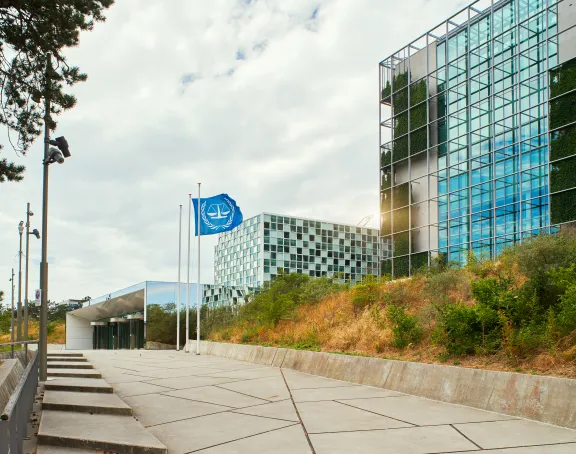Mayday, Mayday: Pay day!
The battle fought by the European Commission (the “Commission”) to avoid the payment of interest to Deutsche Telekom (“DT”) over the amount of an antitrust fine that was ruled to be unduly collected is over. The Commission received a bruising bill with looming implications: it may have to pick up the tab in many of its lost antitrust cases.
The European Court of Justice (“ECJ”) confirmed that companies have the right to claim interest on unduly collected antitrust fines. A company that has provisionally paid a fine must be compensated at a standard rate to ensure it is not financially disadvantaged because it was deprived of the use of the amount unduly collected. The Commission’s obligation exists even where its financial returns on that amount were zero or even negative.
While the change of law curbing the Commission’s financial exposure is underway, it will not affect cases put on hold pending the Deutsche Telekom judgment. 2024 is therefore likely to become a very expensive year for the Commission.
Background
In 2014, the Commission jointly fined DT and its subsidiary Slovak Telekom (“ST”) EUR 39 million. The Commission alleged that DT/ST refused rivals access to its local loop network and pursued a margin squeeze policy, making it financially unviable for alternative operators to use its legacy telephone network. The Commission also imposed an additional EUR 31 million fine on DT for recidivism. DT provisionally paid the full fine in January 2015, pending the outcome of its appeal against the Commission’s infringement decision.
In 2018, the General Court (“GC”) largely upheld the Commission’s decision to sanction DT and ST but annulled a substantial part of the fine amount imposed on DT for recidivism, reducing it by approximately EUR 12 million (see our January 2019 newsletter). The Commission refunded the nominal value of the unduly collected fine to DT but refused to pay any interest, arguing, among other things, that the amount had yielded a negative return.
DT then brought another appeal before the GC and secured a victory: the GC, applying principles of previous case law (as affirmed in the Printeos case), ordered the Commission to repay default interest. The Commission disagreed and lodged an appeal before the ECJ, requesting it to have a change of heart about the approach it had taken in its earlier case law.
The ECJ Ruling
The ECJ did not side with the Commission and disregarded AG Collins' opinion that the interest should be paid only if the Commission missed the deadline to compensate DT. Instead, the ECJ followed its earlier case law, ruling that in the event of a full or partial annulment of an antitrust fine, the Commission must repay the unduly collected amount of the fine along with interest for the period from the date of the provisional payment of that amount to the date of its repayment. This is because a company that has provisionally paid the fine must be compensated at a standard rate for loss of enjoyment of that amount. The ECJ confirmed that this obligation exists even where the financial returns on that amount are zero or negative.
In its fight to avoid paying interest, the Commission also argued that paying interest from the date of the provisional receipt of the fine undermines the deterrent effect of fines. This argument fell on deaf ears. The ECJ reinforced the GC’s finding that the deterrent effect of fines must be reconciled with the principle of effective judicial protection, emphasising that the Commission cannot rely on an act that has been declared to be unlawful.
The ECJ decision upholds the right of companies to claim interest on unduly collected antitrust fines, ensuring that they are not financially disadvantaged because they were deprived, for a certain period, of the use of the amount unduly collected by the Commission.
A taste of things to come
The ECJ’s judgment carries a hefty price tag for the Commission. Several cases involving interest-related disputes (e.g., Intel, Qualcomm, and air cargo operators, to name a few) that were stayed pending the Deutsche Telekom judgment will be reactivated. Intel alone is seeking reimbursement of EUR 593 million in (default) interest from the Commission.
The Commission may appear to be ahead of the curve as it is already in the process of revising the EU financial regulation – a possibility also mentioned by the ECJ in the judgment. The adjustments aim to adequately address situations where the provisionally paid antitrust fines are subsequently (partially) annulled. However, the ECJ was clear that a recast must comply with the judgment and cannot be limited to compensation at the rate covering inflation but needs to be higher.
Moreover, while the change of law curbing the Commission’s financial exposure is underway, that legislation will not have retroactive effect and it will do nothing to cushion the blow in pending lawsuits, which now involve an amplified financial liability. The companies whose antitrust fines have been annulled may start the countdown to payday.


